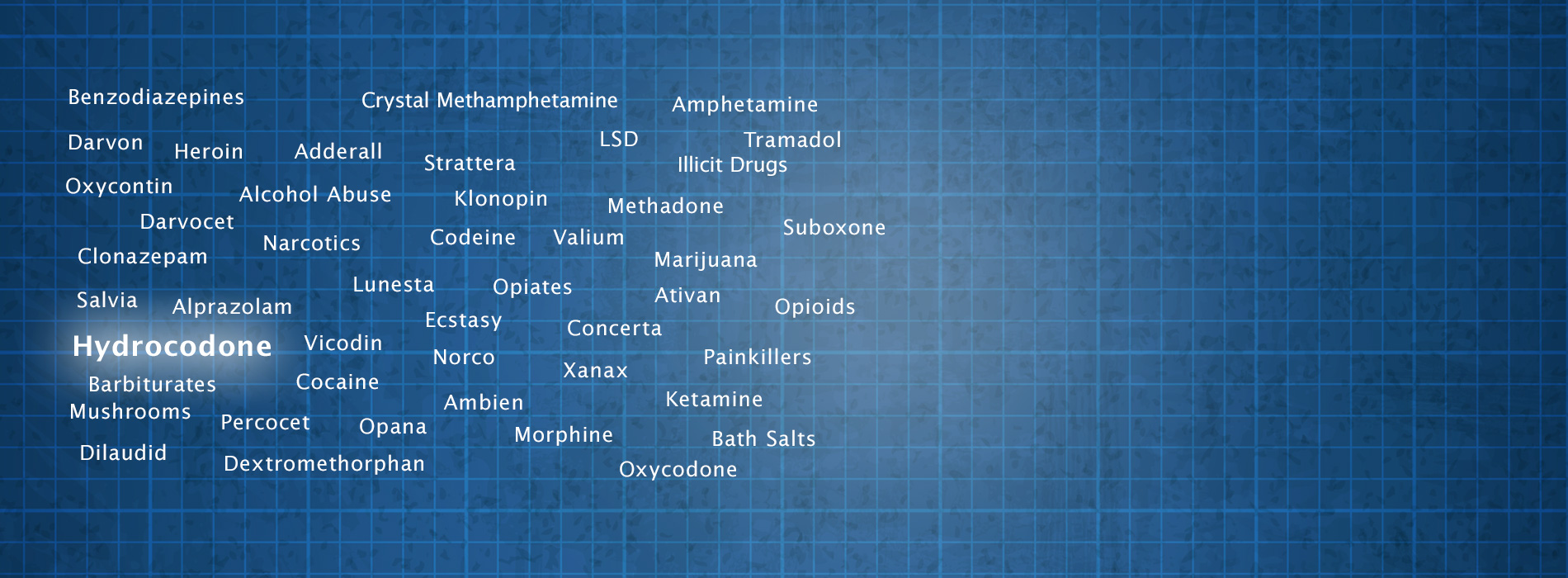Hydrocodone
Hydrocodone is a prescribed drug that is also known as Vicodin (combined with acetaminophen) or Vicoprofen (combined with ibuprofen). This drug is highly addictive and prolonged use of it can cause a person to develop tolerance and dependence. The National Institutes of Health (NIH) report that as many as 20 percent of people in the U.S. have taken opioid drugs for nonmedical reasons, and prescription drug abuse continues to be on the rise.
Effects of Hydrocodone
The short-term effects of hydrocodone are primarily related to pain relief. The person usually does not experience pain, but has a feeling of euphoria (high). Some people also experience anxiety, headaches, nausea, skin itching, constipation, drowsiness, trouble sleeping, weakness, and fatigue. Serious side effects that require medical attention include breathing problems, bloody stools, rapid/irregular heartbeat, difficult urinating, and a severe allergic reaction (hives and throat swelling).
The long-term effects of hydrocodone include addiction, as hydrocodone is a synthetic opiate similar to heroin and morphine. These substances are risky because repeated use of them leads to tolerance, requiring the user to take more and more of the drug to achieve the desired effect. Also, the substance abuse leads to negative impact on everyday activities, with many users unable to attend social and work-related functions. Liver damage and hearing loss are also two long-term effects of this drug. The worse effect is that opiate abuse wreaks havoc on personal relationships and work performance.
Hydrocodone Dependency and Withdrawal
Addiction to any drug causes troublesome situations because this is a legal substance when it is prescribed by a doctor. However, when bought on the street, the use of hydrocodone is illegal. The Drug Enforcement Administration (DEA) estimates that doctors prescribed around 140 million prescriptions of products containing this drug in 2010. This put hydrocodone the most prescribed opiate in America. Hydrocodone dependency occurs when a person cannot function without the substance. The signs and symptoms of dependency vary, but include:
- Taking too much of the drug at one time
- Mixing the drug with alcohol
- Not following the doctor’s instructions
- Using hydrocodone without a prescription
- Continuing to take it when it is not medically necessary
There are numerous physical, mental, and emotional symptoms that occur during withdrawal from hydrocodone. To avoid serious health risks, it is best to seek help at a reputable treatment rehabilitation (rehab) center. Detoxification (detox) centers offer outpatient and inpatient services to suit the person dealing with opiate withdrawal, addiction, and dependence. The common physical withdrawal symptoms include:
- Diarrhea
- Anxiety
- Fever
- Intense sweating
- Difficulty sleeping
- Constant shivering
- Hallucinations
- Rapid or irregular heartbeat
- Vomiting
- Severe pain
There are many detox centers and rehab facilities that administer medications to help with the withdrawal symptoms. This is only done for a short time, however. The focus of treatment is to teach the addict how he or she can live without a substance. Behavioral therapy is used to allow the person to discover new ways to deal with pain and the circumstances related to substance abuse. Regardless of the hydrocodone addiction severity, help is out there. Make the step today toward a successful recovery.

